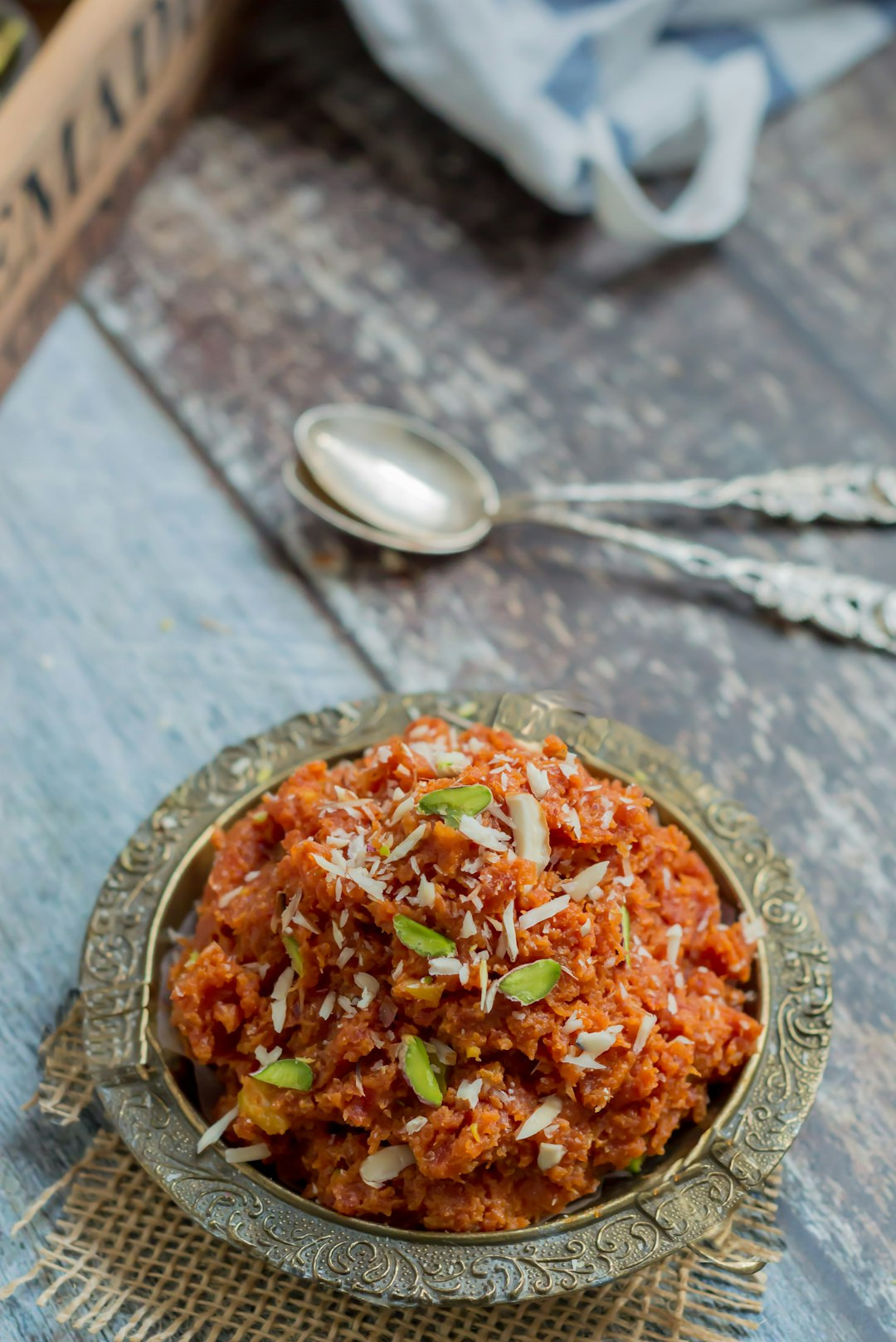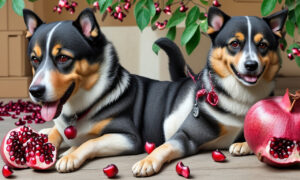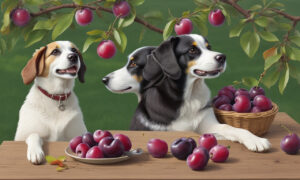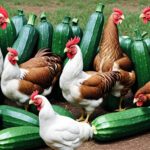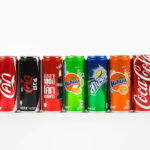As a flurry of paws scampers across the kitchen floor, it’s not just the sound of playfulness filling the air; it’s the symphony of pet parents questioning, can dogs have goldfish crackers? This ubiquitous human snack, found in households across the country, might catch your furry friend’s eye—or nose—on a casual afternoon at home. But before you offer that little orange cracker, it’s essential to take a pause and assess: can dogs eat goldfish crackers?
The subject of treats and proper diets for dogs is expansive, yet the specifics seem to swim in murky waters. You may wonder, are goldfish crackers bad for dogs? Perhaps, escaping the snack bowl during a movie night, a curious canine might have nabbed a fugitive cracker, leading you to google frantically: my dog ate a goldfish cracker. Or, in a more controlled curiosity, you might ponder how many goldfish can a dog eat?
In this comprehensive guide, we will delve into the details of goldfish crackers for dogs. Can these savory bites be a part of your dog’s diet, or should they remain exclusively in human hands?
Understanding Goldfish Crackers and Canine Health
Before we can decide whether these tantalizing treats can cross species lines, we must first understand what goldfish crackers contain. A dive into the ingredient list reveals a concoction primarily made of wheat flour, oils, and salt, coupled with preservatives and flavorings.
What’s in a Goldfish Cracker?
- Wheat flour: A common grain that forms the base of the cracker.
- Oils: Often include vegetable oils, which contribute to the cracker’s fat content.
- Salt: A staple ingredient that can be harmful to dogs in high quantities.
- Preservatives: Such chemicals ensure a longer shelf life but might not be ideal for pets.
- Flavorings: Artificial or natural, these can add taste but potentially unwanted chemicals.
Potential Health Risks for Dogs Eating Goldfish Crackers
While a single goldfish cracker may not spell disaster, significant ingestion can lead to concerns. High salt content can lead to sodium ion poisoning, excess fats can contribute to obesity, and preservatives and flavorings can be upsetting or even toxic.
Salt Toxicity in Dogs
Salt, while an essential mineral, can be dangerous to dogs in high amounts. Symptoms of salt toxicity include:
- Vomiting
- Diarrhea
- Increased thirst and urination
- Lethargy
- Possible kidney damage
The Impact of Fats and Preservatives
Excessive fat intake can lead to pancreatitis, a severe and painful condition for dogs. Preservatives and artificial flavorings, on the other hand, might trigger allergies or sensitivities. Over time, these can accumulate, contributing to chronic health issues.
Can Dogs Have Goldfish Crackers Safely?
It’s time to address the core question: can dogs have goldfish crackers? If you’re envisioning a doggie snack bowl filled with these treats, it might be time to rethink that image. As a general rule, these crackers are not a healthy choice for dogs.
Assessing Quantity and Frequency
The occasional goldfish cracker is improbable to cause harm. However, the frequency and quantity matter significantly when it comes to canine health. How many goldfish can a dog eat? Ideally, none. But if your dog accidentally consumes one, there’s usually no need for immediate concern unless your dog is particularly sensitive or has other underlying health conditions.
Why Moderation Is Key
Treats should make up no more than 10% of your dog’s daily caloric intake. Considering this, the room for goldfish crackers in a well-balanced diet is minimal at best.
My Dog Ate a Goldfish Cracker: Next Steps
If you’re proclaiming, my dog ate a goldfish cracker, you may first stay calm. A single cracker is unlikely to result in any adverse effects. Nonetheless, watch your pet for any unusual behavior and consult your veterinarian if you observe anything alarming.
Monitoring for Symptoms
Keep an eye out for symptoms of salt toxicity or an allergic reaction. If you observe anything unusual, a trip to the vet is advisable. Make sure to inform your veterinarian about how many crackers your dog has consumed.
When to Seek a Vet’s Help
Immediate veterinary attention may be needed if your dog:
- Shows signs of serious gastrointestinal upset
- Displays symptoms of extreme thirst, urination, lethargy, or tremors
- Has a pre-existing health condition that could be exacerbated by the crackers
Are Goldfish Crackers Bad for Dogs?
We’ve established that while a singular goldfish cracker may not be harmful, they are certainly not recommended as a treat. Are goldfish crackers bad for dogs then? Consumed in anything beyond minimal amounts, yes, they can be problematic.
The Long-Term Perspective
The real issue with feeding dogs goldfish crackers—or any human processed foods—revolves around long-term health. Obesity, chronic organ strain, and decreased quality of life can follow from improper diets.
Dietary Better Choices for Your Dog
Instead of reaching for goldfish crackers, consider safer alternatives like:
- Dog-specific treats
- Fresh veggies like carrots or green beans
- Small pieces of cooked, lean meats
Smart Snacking: Goldfish Crackers for Dogs
When evaluating goldfish crackers for dogs, it’s essential to align their diet with species-appropriate snacks. Maintaining a focus on dog-friendly treats will ensure your pet’s health and longevity.
Alternatives to Goldfish Crackers
Steering away from goldfish crackers means finding equally compelling snacks for your dog. Here are some suggestions:
- Crunchy dog biscuits designed for canine nutrition
- Freeze-dried liver treats, which offer a protein boost
- Dental chews that support oral health
Homemade Dog Treats: A Safe Bet
Consider making homemade dog treats where you control the ingredients to ensure they’re safe and healthy. Recipes abound online for dog-friendly snacks that are fun to make and even more enjoyable for your dog to eat.
Concluding Thoughts: A Balanced Canine Diet
In conclusion, when it comes to the question of whether goldfish crackers for dogs are a good idea, the answer leans heavily towards no. For the sake of your dog’s well-being, it’s best to avoid sharing this snack. Always aim to provide a balanced diet enriched with nutrients tailored to your pooch’s needs. If your dog has nabbed a goldfish cracker, monitor them, and reach out to your vet if you’re concerned.
Offering your dog the best in nutrition will help ensure a long, happy, and healthy life together. Stick to high-quality dog treats and leave the goldfish crackers for the humans at the table. Your dog may not know the difference in taste, but they certainly will feel the difference in their health—and that’s what truly counts.
